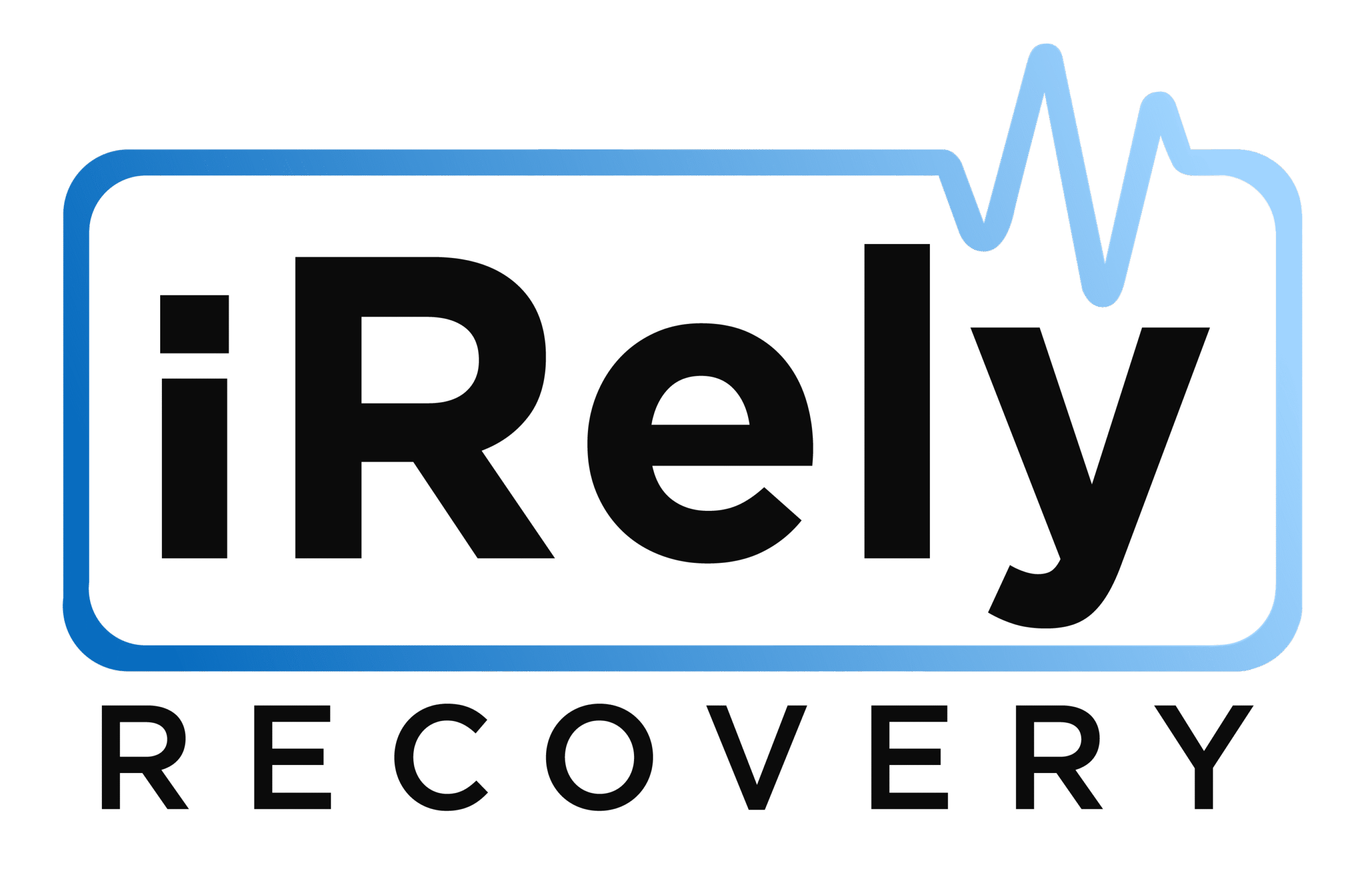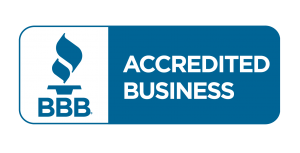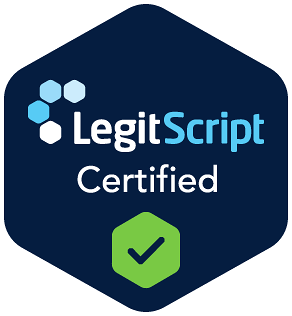Individual Therapy for Addiction in Los Angeles
Professional Addiction and Dual Diagnosis Care in California
Individual therapy is a one-on-one intervention that transforms lives. Our skilled therapists are the best in the industry and create personalized treatment plans that target addiction’s root causes through evidence-based approaches like Cognitive-Behavioral Therapy and Motivational Interviewing. We take time to understand your unique story, trauma patterns, and recovery goals. Individual therapy helps you break free from addiction’s grip and develop sustainable coping strategies for long-term healing.
THERAPIES & TREATMENT PROGRAMS
What is Individual Therapy?
Individual therapy provides personalized treatment for people experiencing addiction.[1] During one-on-one sessions with a licensed therapist, you explore the underlying causes of substance use and develop strategies to overcome them. This focused approach allows therapists to tailor treatment specifically to your needs, experiences, and recovery goals.
The private setting creates a safe space where you can speak openly about difficult emotions and experiences without judgment. Your therapist uses evidence-based techniques like cognitive-behavioral therapy and motivational interviewing to help you recognize harmful thought patterns and develop healthier coping mechanisms.
The transformative power of individual therapy comes from the therapeutic relationship built over time.[2] Your therapist helps you identify triggers, process trauma, and build self-awareness in ways group therapy cannot address. Discover practical tools to manage cravings, regulate emotions, and prevent relapse when facing real-world challenges. Individual therapy also addresses co-occurring mental health conditions like anxiety or depression that often accompany addiction.
Through consistent work, you develop greater emotional resilience and self-confidence. Every aspect of your recovery receives attention in individual therapy, leading to more sustainable long-term sobriety and improved quality of life.
How (and Why) Individual Therapy For Addiction Works
Individual therapy for addiction works by creating a safe space where people face the root causes of substance use disorders.[3] At iRely Recovery in Los Angeles, our addiction therapy sessions focus on your unique needs and challenges. Unlike group therapy, individual therapy allows for personalized interventions tailored specifically to your recovery journey. Taking such a personalized approach helps you develop essential coping skills, emotional regulation, and self-awareness in a non-judgmental environment. When you or a loved one lives with both addiction and mental health conditions, our dual diagnosis treatment plan provides comprehensive care that addresses both simultaneously.
The effectiveness of addiction treatment programs depends on building strong therapeutic relationships and customized treatment plans. Your therapy sessions at iRely Recovery complement our holistic approach, which may include detox, family therapy, and support groups. Our trained therapists help you identify negative thought patterns, develop communication skills, and implement coping strategies to manage cravings. This comprehensive work addresses the complex interplay between substance abuse, mental illness, and wellness. Through consistent individual therapy, you gain the tools needed for lasting recovery and improved well-being.
The Efficacy of Individual Therapy For Addiction
Individual therapy effectively treats addiction by addressing each person’s unique challenges. At iRely Recovery in Los Angeles, our therapists create strong relationships that keep people engaged in treatment to help identify specific triggers and develop custom coping strategies for substance use disorders.
Research confirms that medication alone rarely leads to lasting recovery — therapy provides the critical skills needed for sustainable sobriety.[4] While group therapy offers valuable support, individual sessions allow deeper exploration of personal trauma and mental health conditions.
Our treatment programs combine cognitive behavioral therapy with motivational interviewing techniques to help you build confidence and overcome resistance or neutrality about change. This individualized care creates a safe space where healing happens and recovery skills develop, making individual therapy an essential component of effective addiction treatment.
What to Expect From Individual Therapy For Addiction
No two recoveries are the same, and iRely’s trained therapists guide you through a structured yet flexible process tailored to your unique needs:
- Initial assessment and goal setting, where your therapist evaluates your substance use history, mental health conditions, and personal circumstances to create a customized treatment plan.
- Safe space for honest expression without judgment, allowing you to discuss difficult emotions, traumatic experiences, and concerns you might not feel comfortable sharing in group settings.
- Evidence-based interventions, including CBT, DBT, and more, to address negative thought patterns and develop healthy coping mechanisms.
- Identification of triggers and root causes that contribute to your addiction, helping you understand the connections between emotions, thoughts, and substance use.
- Development of practical coping skills to manage cravings, stress, and challenging situations without turning to substances.
- Emotional regulation techniques that help you process difficult feelings and develop healthier responses to emotional distress.
- Relapse prevention strategies tailored to your specific risk factors and life circumstances.
- Healing family relationships through improved communication skills and potentially integrating family therapy when beneficial.
- Consistent support throughout your recovery journey with regular sessions that adapt to your changing needs and progress.
Individual Therapy for Addiction at iRely Recovery
Take the first step toward lasting recovery today by contacting iRely Recovery in Los Angeles. Skilled therapists provide personalized therapy that addresses addiction’s root causes while building essential coping skills.
You’ll find a judgment-free environment where your unique needs receive focused attention from experts using proven approaches like CBT and Motivational Interviewing. Your recovery journey deserves specialized care that combines evidence-based therapy with a holistic approach to healing, so call us today and let’s get going.
Frequently Asked Questions about Individual Therapy in Los Angeles
How often will I attend individual therapy sessions during addiction treatment?
Most clients attend individual therapy sessions 2-3 times per week during residential treatment at iRely Recovery. Your specific schedule depends on your personalized treatment plan, which our clinical team develops based on your needs and recovery goals. Many clients find that more frequent sessions in early recovery provide the support needed to build a strong foundation.
What qualifications do therapists have at Los Angeles addiction treatment centers?
Our qualified addiction therapists in Los Angeles typically hold master’s degrees in psychology, counseling, or social work with specialized training in substance use disorders. Our therapists and counselors maintain licenses such as LMFT, LCSW, or Ph.D. in Clinical Psychology. They also have specific training in evidence-based approaches like CBT, DBT, and trauma-informed care.
Will my insurance cover individual therapy for addiction in Los Angeles?
Most health insurance plans cover individual therapy for addiction treatment when deemed medically necessary. Coverage varies by provider and plan type, with factors like deductibles, copays, and session limits affecting out-of-pocket costs. The iRely Recovery admissions team will verify your benefits before admission and explain any financial responsibilities you may have.
Sources
[1] National Institute of Mental Health. (2024). Psychotherapies. Www.nimh.nih.gov; National Institute of Mental Health. https://www.nimh.nih.gov/health/topics/psychotherapies on May 21, 2025
[2] Opland, C., & Torrico, T. J. (2024, October 6). Psychotherapy and Therapeutic Relationship. Nih.gov; StatPearls Publishing. https://www.ncbi.nlm.nih.gov/books/NBK608012/ on May 21, 2025
[3, 4] Yue, H., & Pena, E. (2022). Addiction Psychotherapeutic Care. PubMed; StatPearls Publishing. https://www.ncbi.nlm.nih.gov/books/NBK587365/ on May 21, 2025




